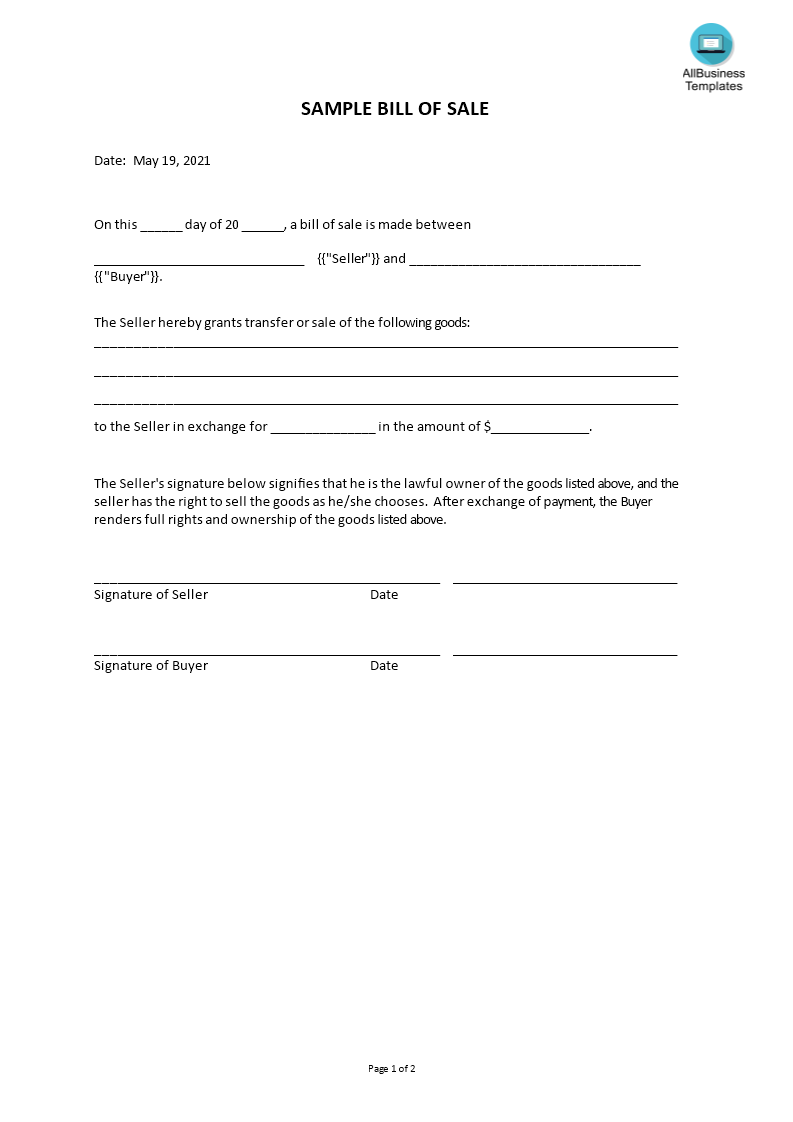
The cooling-off period may be waived, reduced or extended by negotiation and agreement with the seller. The cooling-off period starts the day that the contract is last signed by either you or the seller and exchanged. It means the buyer can cancel the contract of sale without penalty or explanation. Cooling-off periodĬontracts for the sale of property not sold by auction must provide the buyer with a cooling-off period of four business days. The contract is not binding until the copies are exchanged. You and the seller will each receive a copy of the contract. Two copies of the contract of sale are prepared, signed and exchanged. The contract exchange is an important point in the sale process. Make sure that all alterations made during negotiations are initialled with your signature, and that any special conditions can be met within your agreed time frames. When you are ready to sign a contract, take a copy and discuss it with your conveyancer or solicitor, especially if your offer has conditions such as finance or the sale of another property.

These are any items that are screwed, bolted, joined, nailed, glued or plumbed into a property.įixtures and fittings must be sold with the property unless otherwise recorded that it is excluded in the sale. The standard terms of the contract will provide for all fixtures and fittings. You should not be pressured into signing a contract unless you understand it. You should make sure that all items to be included in the sale are included in the contract.

the name and address of the seller’s conveyancer or solicitor.The contract of sale must include all of the following names: The contract of sale will provide all of the following information. Under the law a real estate or conveyancing agent must not prepare or finalise a contract of sale of land unless it has been approved by the Registrar of Land, Business and Conveyancing Agents or the Law Society Northern Territory for people other than lawyers.Ĭontract of sale DOC (412.5 KB). The contract is a legal and binding document that outlines the terms and conditions of the sale and is usually prepared by a conveyancer or solicitor or a real estate agent. Under Northern Territory (NT) law a contract of sale of land form, that is approved by the Registrar or Law Society of the NT, must be used for all property sales.


 0 kommentar(er)
0 kommentar(er)
